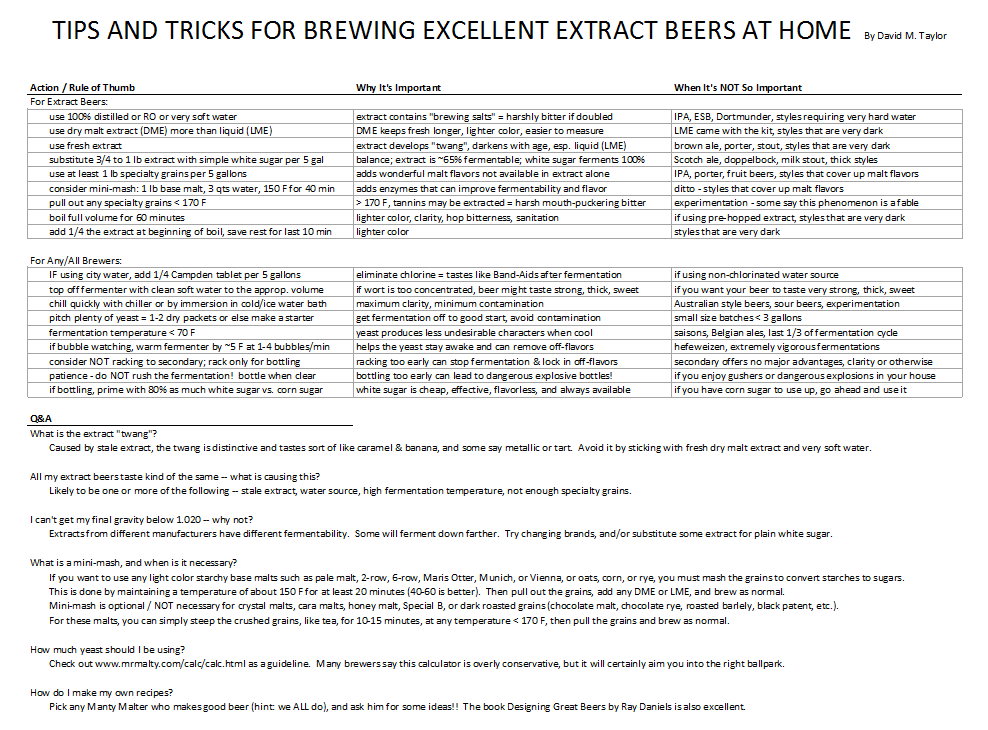After 2 years of brewing and many failed batches, I'm going to all grain. My question is whether I'm going in the right direction or not to eliminate the TWANG I've had in nearly ALL my brews
Condensed timeline:
Began purchasing equipment, hops, and LME online
Improved every aspect of my brewing trying to figure out the taste issue, temp control, fresh hops, fresh yeast, sanitation, hop schedule improvements, etc.
Basically I've perfected every process and ingredient
Only thing I never changed until recently was my extract. And I'm talking 4 or 5 30lb tubs of the stuff (i am a little obsessive). LME that I stored at room temperature, after opening many times, and some I still have from purchasing 2 years ago, some along the way.
Is extract twang real? Most people don't stockpile LME like I did. And now the first 2 batches I brewed with DME and 1 with all grain, had ZERO hint of the twang I've had to endure the last 2 years when I tasted them prior to bottling.
Also, anyone have experience with how "extract twang" affects hoppy beers?
Condensed timeline:
Began purchasing equipment, hops, and LME online
Improved every aspect of my brewing trying to figure out the taste issue, temp control, fresh hops, fresh yeast, sanitation, hop schedule improvements, etc.
Basically I've perfected every process and ingredient
Only thing I never changed until recently was my extract. And I'm talking 4 or 5 30lb tubs of the stuff (i am a little obsessive). LME that I stored at room temperature, after opening many times, and some I still have from purchasing 2 years ago, some along the way.
Is extract twang real? Most people don't stockpile LME like I did. And now the first 2 batches I brewed with DME and 1 with all grain, had ZERO hint of the twang I've had to endure the last 2 years when I tasted them prior to bottling.
Also, anyone have experience with how "extract twang" affects hoppy beers?


